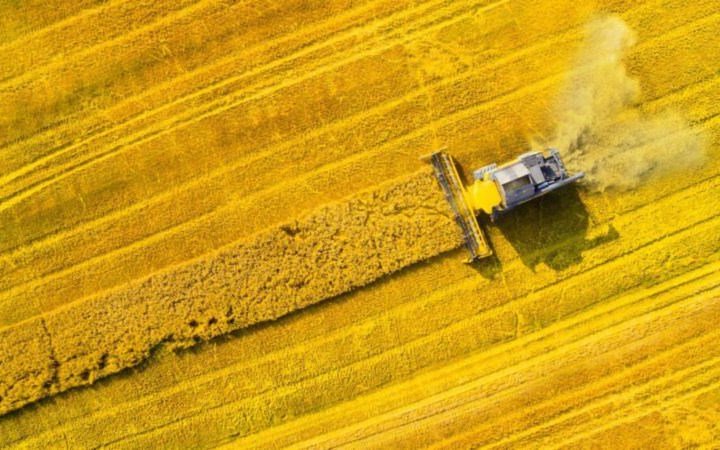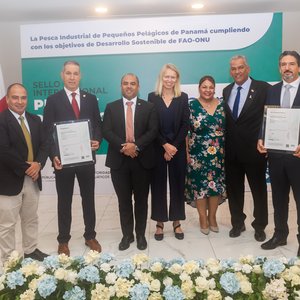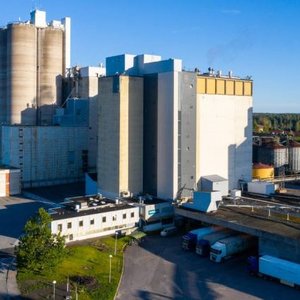European renewable ethanol association (ePURE) members produced more feed than fuel in 2021, according to certified data released by the industry group.
ePURE members – representing 85% of EU installed capacity – produced 4.48 million tonnes of animal feed co-products and 4.40 million tonnes of renewable ethanol last year, according to the statistics. Additional co-products included 1.05 million tonnes of captured biogenic CO2, which replaces fossil CO2 in beverage and greenhouse applications.
All of the crops used in ePURE members’ biorefineries were grown by European farmers. 84.2% of the renewable ethanol produced was for fuel use. Of the remaining ethanol production, 9.4% was for industrial use including hand sanitizer, and 6.4% was for food and beverage use.
The audit also showed record-high GHG-saving performance of ePURE members’ ethanol – 77% on average compared to fossil petrol – making its use essential to transport decarbonization by reducing emissions from the petrol and hybrid cars that will predominate on Europe’s roads for many years.
For context, ePURE members' ethanol production in 2021 required less than 1.8 million hectares (Mha) of European arable land, equivalent to only 1.7% of the total arable land of EU27 and the UK – more than three times less than the current area of set-aside and fallow land in the EU27. The land use for ethanol crops is even more negligible factoring in the co-production of animal feed together with renewable ethanol. Out of the 1.8 Mha, only about 1.1 Mha is attributable to the sole production of ethanol, which is 1% of the total arable land of EU27 + UK.
“These new figures confirm that when it comes to European renewable ethanol, the ‘food vs fuel’ myth is and always has been false,” said ePURE director general David Carpintero. “EU biorefineries turn sustainably grown European crops and residues into food, feed and renewable fuel. Capping the use of such sustainable crop-based biofuels would have dire consequences for Europe’s goals for energy independence, food security and emissions reduction.”










